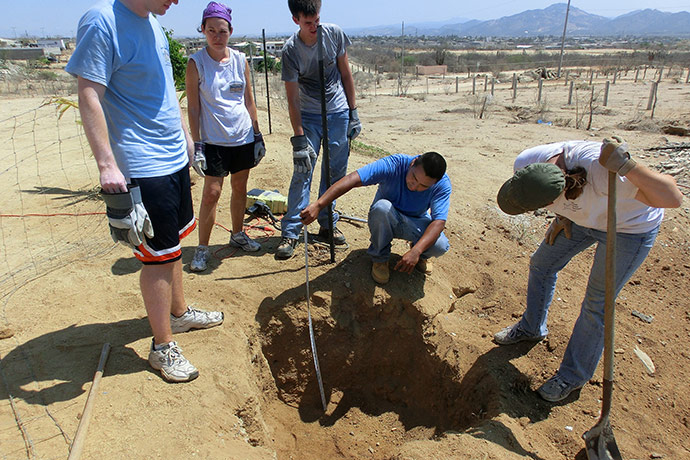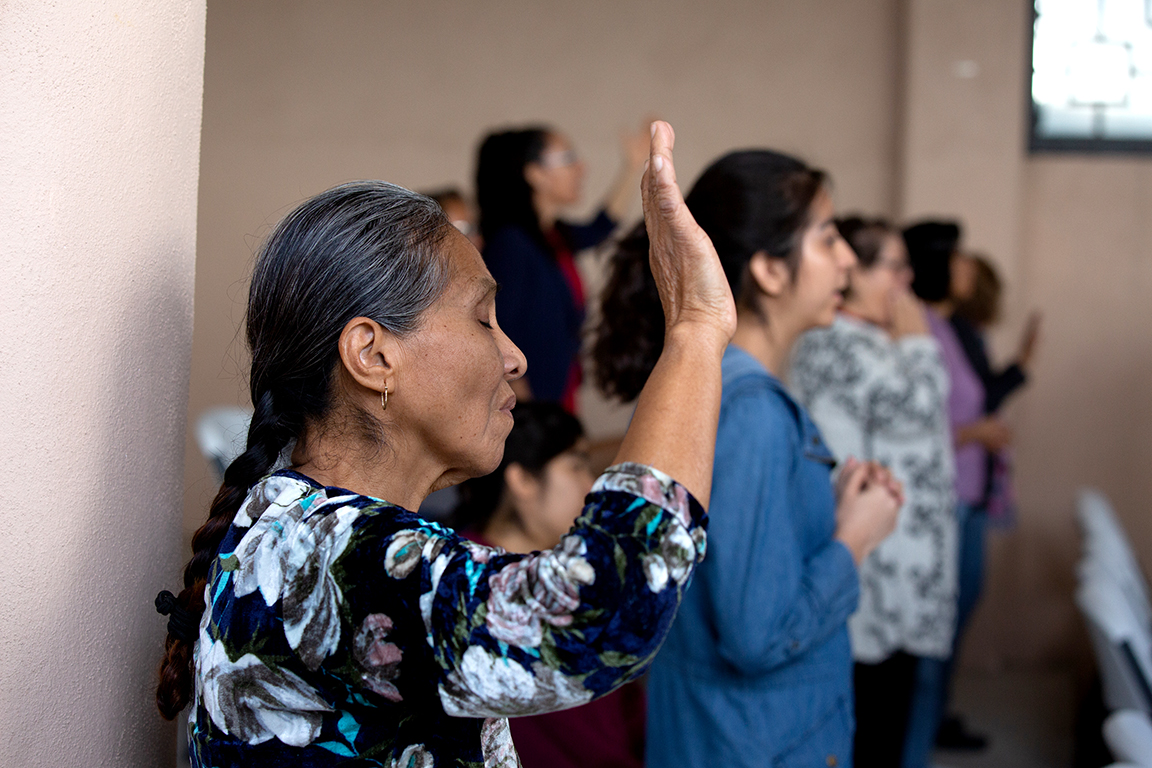
Becoming a Missionary, Missions Resources
Preparing for a Short-Term Mission Trip: What Nationals Wish You Knew
September 16, 2013
by Interactive Supply

Last year, Marcela Garcia, a university-educated Mexican woman who studied political science and Mexican history, sat down with a TEAM missionary in Baja California to discuss the American short-term missions teams that were coming to their church.
Garcia runs the VBS program at Emmanuel Evangelical Church of Los Cabos, and the missionary, Vicki Reyes, wanted to know how visiting missions teams could be more effective. Their conversation produced valuable insight into preparing for a short-term mission trip to do the most good and the least harm, prioritizing relationships above all else.
1. Use Caution With Gifts
First, the women discussed, groups should not bring lots of gifts to shower on the receiving community. Especially in many parts of Latin America and the developing world that are considered “middle class” relative to their economies, the hosts increasingly can afford these items themselves and are embarrassed when Americans come to town like Santa Claus.
In their book When Helping Hurts, authors Steve Corbett and Brian Fikkert caution short-term missions teams against bringing many giveaways, even when visiting poorer communities that legitimately cannot afford to buy such items. “We undermine local assets and increase poverties of being, community and stewardship,” they write. Lavish gifts can lead community members to lose interest in local churches and ministries that can’t provide the same goodies.
2. Submit to the Local Church
Second, the women discussed that visiting short-term teams should work under the direction of local church leadership, instead of coming with their own plan and operating on their own agenda. This shows locals that the team is coming in with a servant’s heart, and it helps to ensure the group’s activities will truly support the longer-term ministry goals of the hosting Christians. This approach is also endorsed by Standards of Excellence in Short-Term Mission (SOE), an accrediting agency devoted to promoting responsible and effective short-term missions trips.
3. Engross Yourself in the Culture in Advance
When preparing for a short-term mission trip, Reyes realized that visiting teams needed to make extra efforts to learn about Mexican culture to truly enable them to build real relationships with locals. Often, group efforts to learn the culture are limited to reviewing a few basic Spanish phrases. But Reyes built an entire curriculum and uses a Facebook page to share it with teams months in advance of their trip. She asks them not only to learn some common Mexican phrases and worship songs, but also assigns reading, gives them a map to study, and requires team members to visit a Hispanic grocery store and church in their own community before boarding a flight for Mexico.
One of the biggest hopes with such cultural experiences is that participants will understand that Americans generally have far different approaches to time and relationships than most of the developing world. Where Americans prize individualism, other cultures place far more importance on community, family and “quality time” together. Where Americans generally value efficiency and accomplishment, other cultures prioritize “quantity time” and may require lots of shared experiences before a mere acquaintance is considered a friend.
Reyes asks any group she works with to uphold these three standards when working with her in Mexico, and as a result, some deep relationships have formed between short-termers and Mexican church members.
Reyes’ standards are also worth considering for anyone, whether missionaries or sending churches, preparing for a short-term mission trip or working with short-term teams in any country.
Related articles


